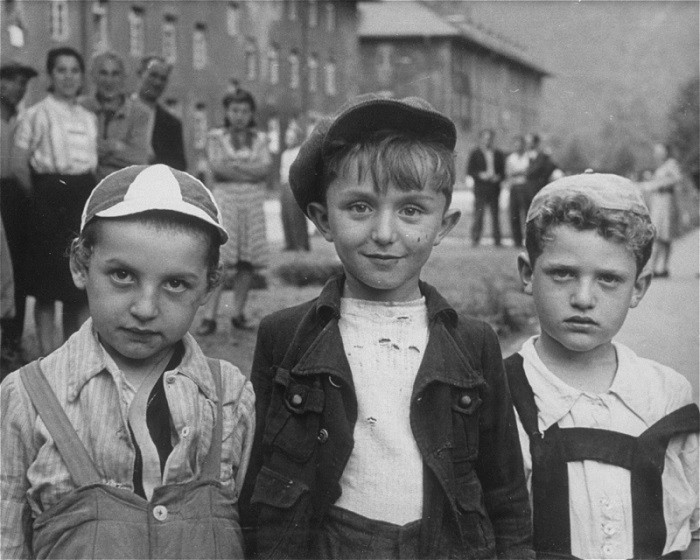
Bad Reichenhall Displaced Persons Camp
For the Jews who survived the Holocaust, the end of World War II brought new challenges. Many could not or would not return to their former homelands, and options for legal immigration were limited. In spite of these difficulties, these Jewish survivors sought to rebuild their shattered lives by creating flourishing communities in displaced persons camps in Germany, Austria, and Italy. In an unparalleled six-year period between 1945 and 1951, European Jewish life was reborn in camps such as Bad Reichenhall.
Bad Reichenhall displaced persons (DP) camp was located near Salzburg in the American zone of occupation of Germany. The camp served as a large center for Jewish DPs between 1945 and its closing on July 31, 1951. In October 1946, the camp population numbered roughly 6,000 Jews.
Bad Reichenhall played an important role in the history of the Sh'erit ha-Pletah when it hosted the second and third Congresses of Liberated Jews in the American zone of Germany. From February 25 to 27, 1947, and again from March 30 to April 1, 1948, representatives of all the Jewish DP camps of American-occupied Germany gathered in Bad Reichenhall to discuss issues of political, cultural, and social significance.
Within the camp, life centered around the camp's daily newspaper, Der Morgn (The Morning), and the camp's schools, which included a Talmud Torah (religious elementary school) and a Yavneh (religious Zionists) school.
In 1946, Bad Reichenhall functioned as an important station along the Brihah emigration routes. Groups of Jewish refugees traveling between Germany and Austria secretly made their way through Bad Reichenhall en route to ports in Italy, where they hoped to board ships that would transport them to Palestine or the United States.
Critical Thinking Questions
- What challenges did survivors face in the DP camps?
- What challenges did the Allies face in establishing and supervising DP camps?
- What responsibilities do (or should) other nations have regarding refugees from war and genocide?

